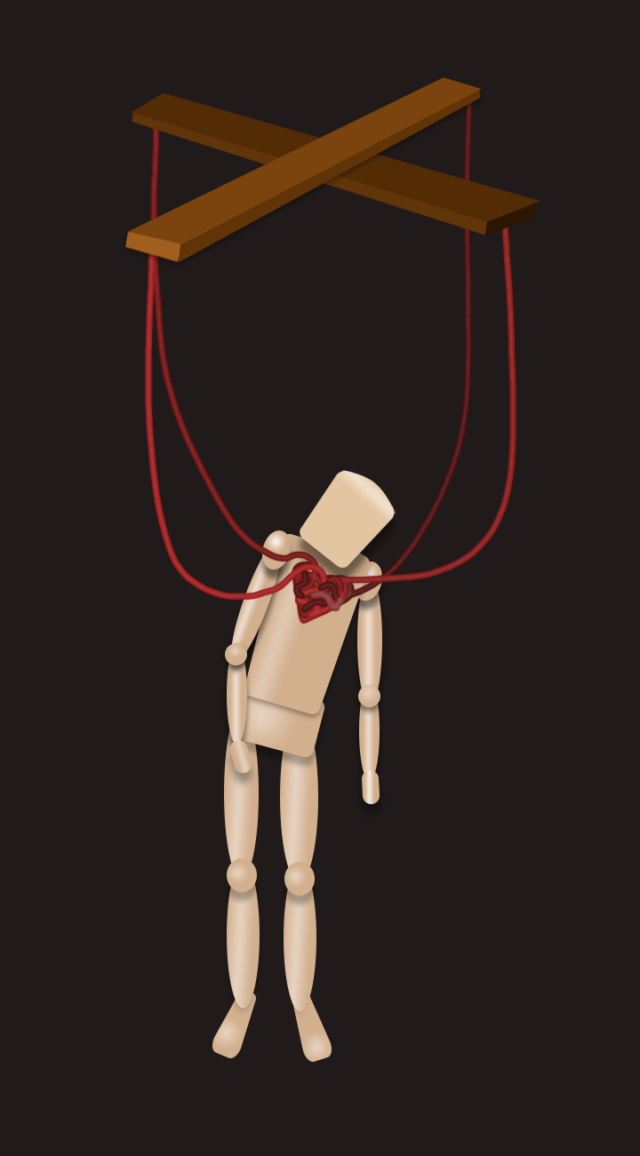Increasing awareness of unhealthy relationships is a hot topic in social circles these days. Since rapper Mac Miller passed away of a drug overdose on Sept. 7, commentary surrounding his drug abuse and his relationship with pop singer Ariana Grande has turned to hate.
Many fans of Miller’s music claim Grande had a role in Miller’s death, due to their public breakup and her whirlwind romance with her now-fiance Pete Davidson. While nobody wants to leave a person they care deeply about between a rock and a hard place, Grande’s choice to leave her relationship due to Miller’s unhealthy drug habits was her own. She chose to leave a possibly toxic situation, and, like many, had to handle the consequences. When a person with toxic habits self-destructs like Miller did, those that loved them and left them tend to feel the fallout the most. We must remember not to blame the relationship and the choices of the person who distanced themselves.
In a tweet on May 23, Grande spoke out about her relationship with Miller. “How absurd that you minimize female self-respect and self worth by saying someone should stay in a toxic relationship because he wrote an album about them,” Grande said in the tweet. “I am not a babysitter or a mother and no woman should feel that they need to be. I have cared for him and tried to support his sobriety & prayed for his balance for years (and always will of course) but shaming/blaming women for a man’s inability to keep his s*** together is a very major problem. Let’s please stop doing that …,” she said.
Drug addiction is a disease, and one that can cause harm to the victim and those they love. In the end, there is nobody to blame. Similarly, mental health disorders are not easily controlled, and can sometimes lead to death. In both cases, loved ones are often looked at as part of the reason for the death, whether because they enabled the addiction or the mental instability, because they were ignorant of the addiction or instability, or because they chose to distance themselves from the struggling person. All of these are flawed mentalities, because at the end of the day, there is more to the equation than meets an observer’s eye. However, that doesn’t mean that a loved one should fear walking away from toxicity.
It can be a hard decision to choose your own mental health and well-being over that of a person you care about. That’s one reason why people choose not to leave abusive relationships: They fear that if they leave, the person they care about will not be able to function on their own. These types of dependency and attachment issues are harmful, not only to the healthier, more stable partner, but also to the dependent partner.
Drug addiction and mental health disorders are not something one untrained person can handle. Without seeking help from medical professionals and only relying on friends and loved ones for support, those suffering from diseases like addiction will not get better, and they will only drag others into their spiral. Even the most loving, caring, dedicated people cannot carry the weight of another’s disease or disorder on their own.
So don’t blame the relationship. Don’t blame the partner, or the friend, or the parent for leaving, because most likely, it’s the most difficult choice they will ever have to make. Nobody wants to leave their loved ones in the deep end, but as the old proverb says, “Don’t swim too close to a drowning man; he will pull you down for sure.”
At some point, we have to accept that the situation is not in our control, that the person we care about cannot be saved by faith and love. That’s why rehabilitation centers and mental health clinics exist: so we can lean on the support of professionals who have been trained to help people recover and rise above. Even then, some people don’t want help. In Grande’s situation, Miller’s denial meant she had to walk away, hoping and praying that Miller turned to professionals to carry the weight of his disease.
We should look to the outcome of Miller and Grande’s relationship and focus on what Grande said — don’t shame or blame someone for their choice to step out of a relationship where their partner was putting unrealistic weight on their shoulders.



